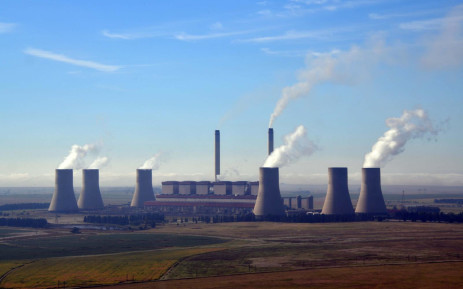In recent news, Sultan Al Jaber, the president of the upcoming UN climate talks, has reiterated his belief that fossil fuels will continue to play a role in meeting global energy requirements for the foreseeable future. His comments have been met with criticism from environmental activists who believe that his position as the head of the climate conference will hinder progress in reducing emissions. However, Al Jaber has called for a focus on removing emissions from fossil fuels instead of ending their use completely, using existing and emerging technologies. In this article, we will explore the reasons behind Al Jaber’s stance and the potential implications of his approach to addressing the challenges of climate change.
Sultan Al Jaber, who is also the chief executive of the Abu Dhabi National Oil Company (ADNOC), has faced backlash from environmental activists who believe that his position as the head of the climate conference will compromise efforts to reduce emissions. However, Al Jaber has defended his position, arguing that fossil fuels remain essential to meeting global energy demands, particularly in developing countries that are heavily reliant on these resources. He has emphasized the need to phase out emissions from all sectors, including high-emitting industries such as oil and gas, through the use of existing and emerging technologies.
One technology that Al Jaber has championed is carbon capture, which involves capturing carbon dioxide emissions from industrial processes and storing them underground or repurposing them for industrial use. Critics argue that this approach only prolongs the use of fossil fuels and diverts resources away from renewable energy solutions. However, Al Jaber believes that carbon capture can help reduce emissions in the short term while renewable energy technologies continue to develop.
Al Jaber has also called for a focus on tripling renewable energy production capacity by 2030, in line with a recommendation by the International Energy Agency. He has argued that investing in renewable energy is crucial to achieving a sustainable future, but that the transition must be balanced with the need to meet global energy demands. Al Jaber’s approach reflects a recognition of the challenges involved in transitioning away from fossil fuels, particularly in regions where these resources are central to the economy.
Despite Al Jaber’s commitment to reducing emissions, his ties to the fossil fuel industry have raised concerns among environmental activists. Some fear that his position as the head of the climate conference will lead to a focus on incremental changes rather than the transformative action needed to address the urgency of the climate crisis. Others argue that the use of carbon capture technology is a risky strategy that may not deliver the desired results and could divert resources from renewable energy solutions.
Sultan Al Jaber’s comments on the role of fossil fuels in meeting global energy demands reflect a nuanced understanding of the challenges involved in transitioning to a sustainable future. While his ties to the fossil fuel industry have raised concerns among environmental activists, his calls for a focus on reducing emissions from all sectors, including oil and gas, through the use of existing and emerging technologies, are a step in the right direction. It remains to be seen whether his approach will be enough to address the urgency of the climate crisis, but his emphasis on balancing the need for renewable energy with the need to meet global energy demands is a recognition of the complex realities facing the global community.
In conclusion, the challenge of addressing the climate crisis requires a collective effort from all sectors of society, including governments, businesses, and individuals. While there may be disagreements on the best approach, it is clear that urgent action is needed to prevent further damage to the planet. Sultan Al Jaber’s role as the head of the climate conference in Dubai presents an opportunity to foster dialogue and cooperation among diverse stakeholders. It is our hope that this conference will result in concrete commitments to reducing emissions, accelerating the transition to renewable energy, and promoting sustainable development. As we work towards a more sustainable future, it is important to remain vigilant and hold those in positions of power accountable for their actions. Only by working together can we build a more just and equitable world for future generations.









